|
As I write this newsletter on a sunny Friday afternoon, people are still skiing in parts of Canada. I can go to the webcams on Blackcomb Mountain in Whistler, B.C., and see dozens of skiers taking in a glorious day on the slopes. In other parts of the country, people are opening cottages or planting gardens or making plans to enjoy a picnic dinner at a city park with friends. The Victoria Day long weekend – Journée
nationale des Patriotes in Québec – may be the favourite holiday on the Canadian calendar. It’s the unofficial start of summer and a chance for many to reconnect with nature.
Wherever this finds you, I hope you’re able enjoy the great outdoors this weekend. And given that we should all get outside and away from our screens, I’ve kept this weekend’s reading list shorter than normal – but here are some great stories from across the global network of The Conversation about the wonders of nature and the environment.
Being outside this weekend means you can throw on some headphones and listen to the new episode of our podcast Don’t Call Me Resilient. Host Vinita Srivastava is joined by Culture + Society Editor Haley Lewis and Veldon Coburn, assistant professor at the Institute of Indigenous Research and Studies at the University of Ottawa, to discuss the fallout from the discovery a year ago of the unmarked graves of 215 children at the former Kamloops Indian Residential School. It is a powerful and provocative episode and I encourage you to find the time to listen to it.
All of us at The Conversation Canada are going to be enjoying this long weekend, so we’ll be back in your Inbox on Tuesday.
|
Long Weekend Reads
|
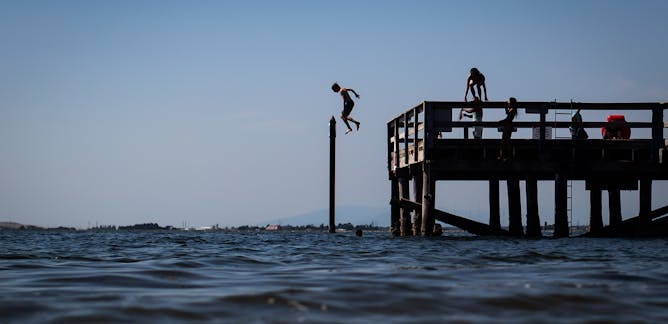
Chris Houser, University of Windsor; Alex Smith, University of Windsor
Rough surf and nearshore currents lead to about 50 drowning fatalities annually in the Great Lakes.
| |
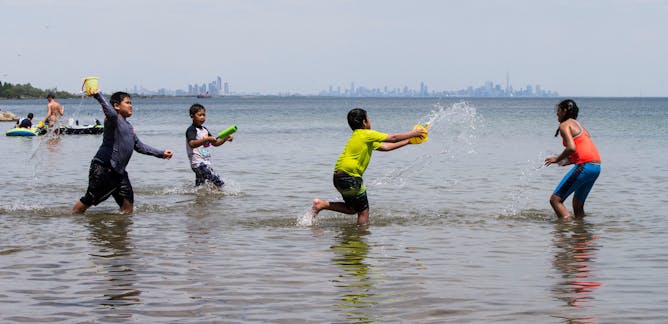
Daniel Macfarlane, Western Michigan University
Cleaning up the Great Lakes was a big job when the US and Canada undertook it in 1972. Today it’s far more challenging.
|
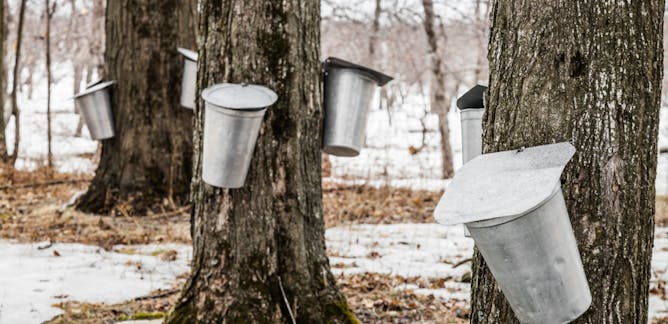
Sébastien Cardinal, Université du Québec à Rimouski (UQAR); Amy McMackin, Université du Québec à Rimouski (UQAR)
Apart from being a jewel of Canada’s culinary heritage, maple syrup has a complex chemical constitution.
| |
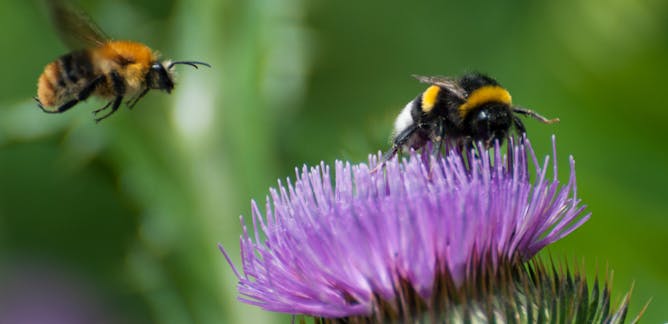
Morgan Morrison, Royal Holloway University of London; Hannah Wolmuth-Gordon, Royal Holloway University of London
Miles of bee-friendly ‘highways’ are being linked up around the UK.
|
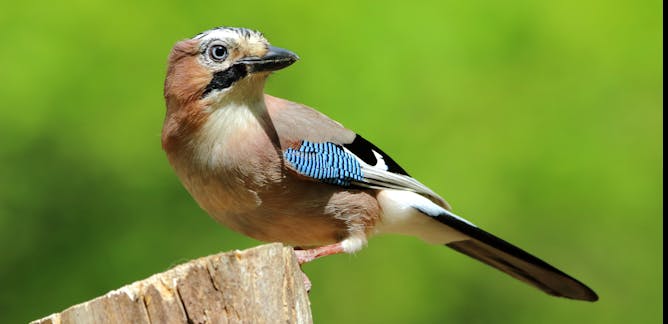
Stuart Butchart, University of Cambridge
Want to understand your local environment better? Look to the birds.
| |
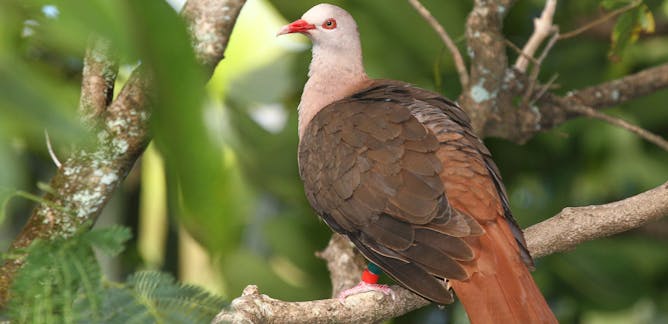
Cock Van Oosterhout, University of East Anglia; Jim Groombridge, University of Kent
The birds only live on one island and are all very closely-related.
|
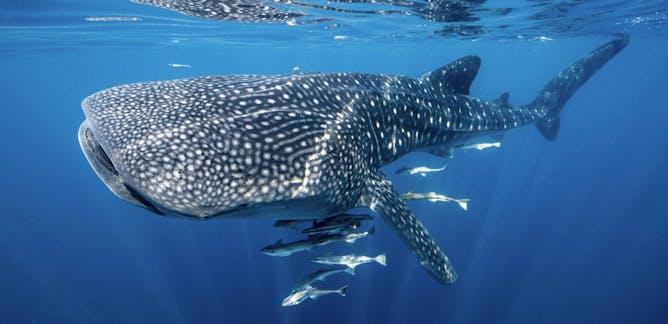
Freya Womersley, University of Southampton; David Sims, University of Southampton
Plankton-eating sharks are struggling to navigate crowded ocean highways, a new study suggests.
| |
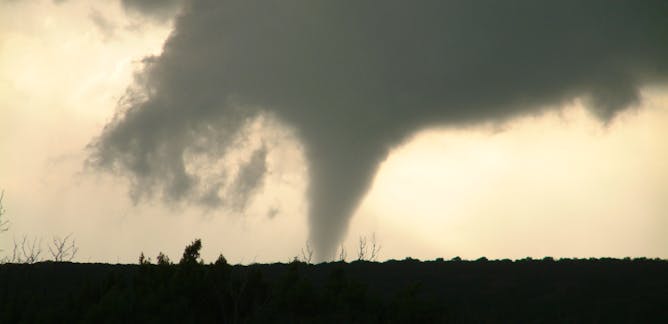
Jana Houser, Ohio University
You can’t photograph the inside of a twister, but radar offers some clues.
|
|
|
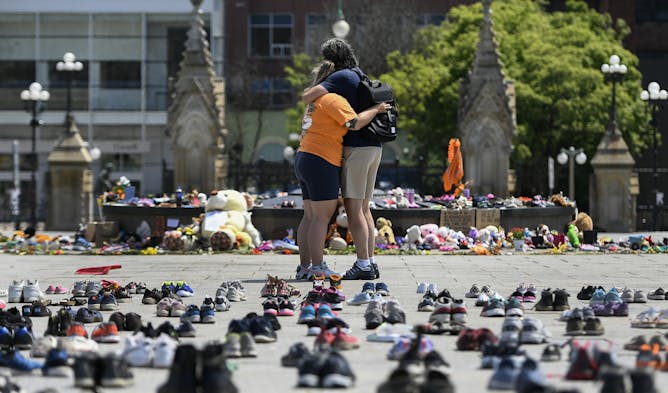
Vinita Srivastava, The Conversation; Haley Lewis, The Conversation
In today’s episode of Don’t Call Me Resilient, we take a look at what has happened since the unmarked graves of 215 Indigenous children were found in Kamloops B.C.
|

Gemma Ware, The Conversation; Daniel Merino, The Conversation; Michelle Grattan, University of Canberra
Australians head to the polls in federal elections on May 21. Your guide to what’s at stake. Listen to The Conversation Weekly podcast.
|